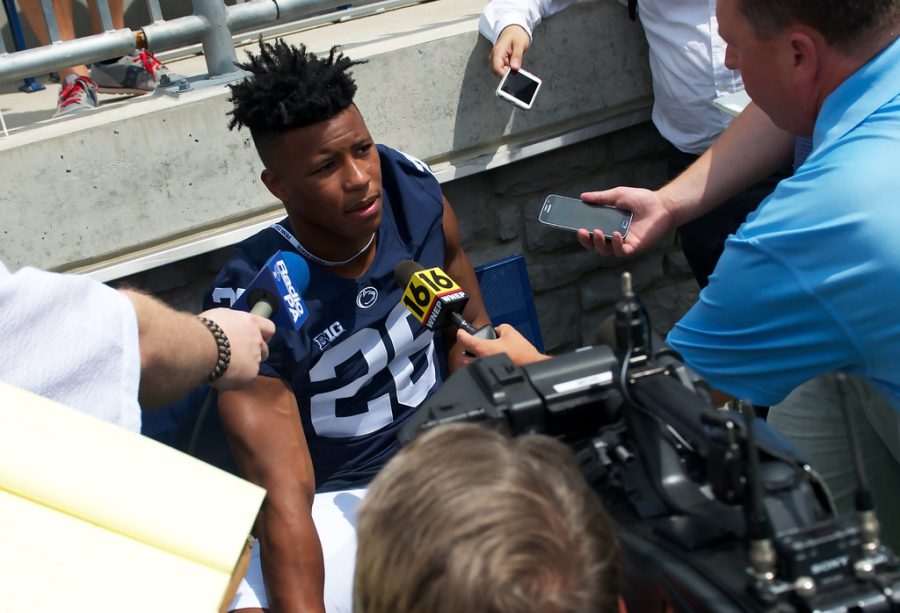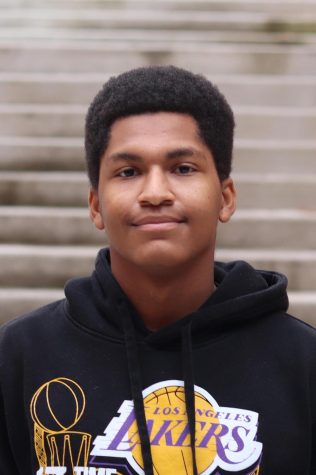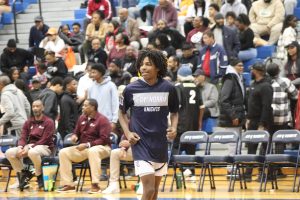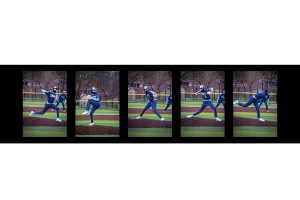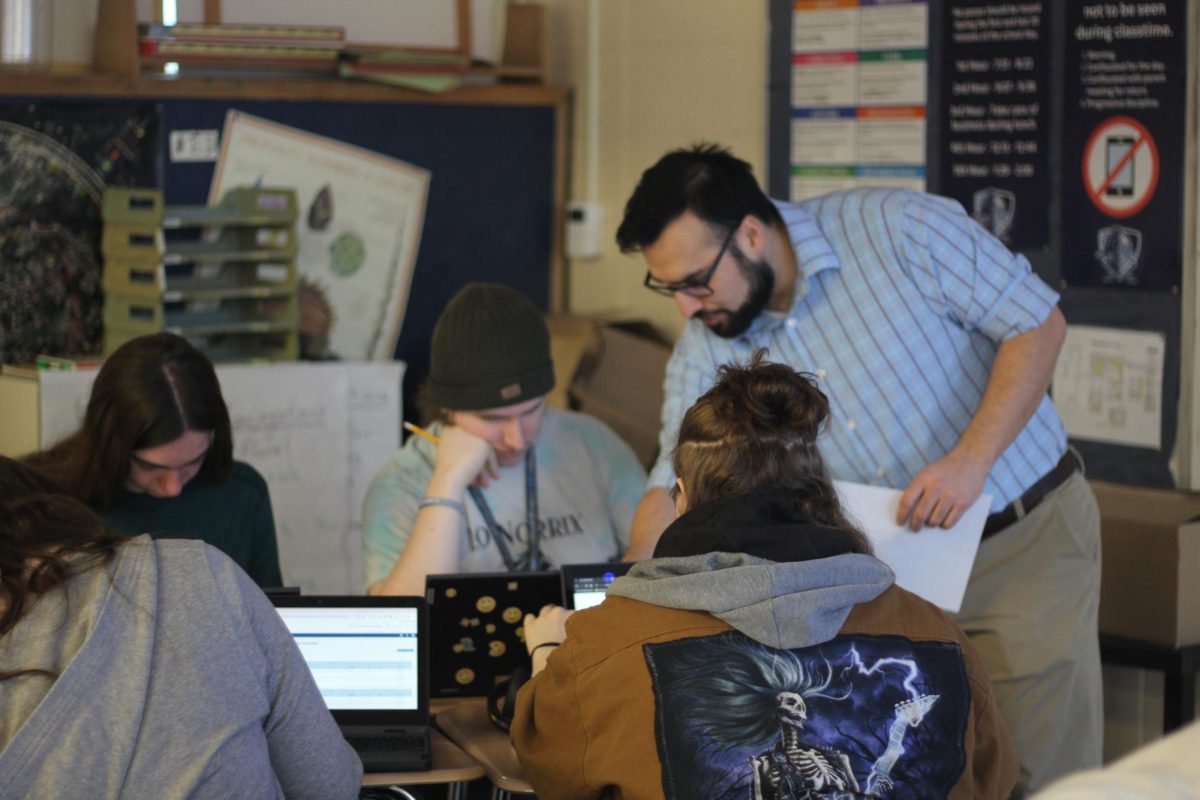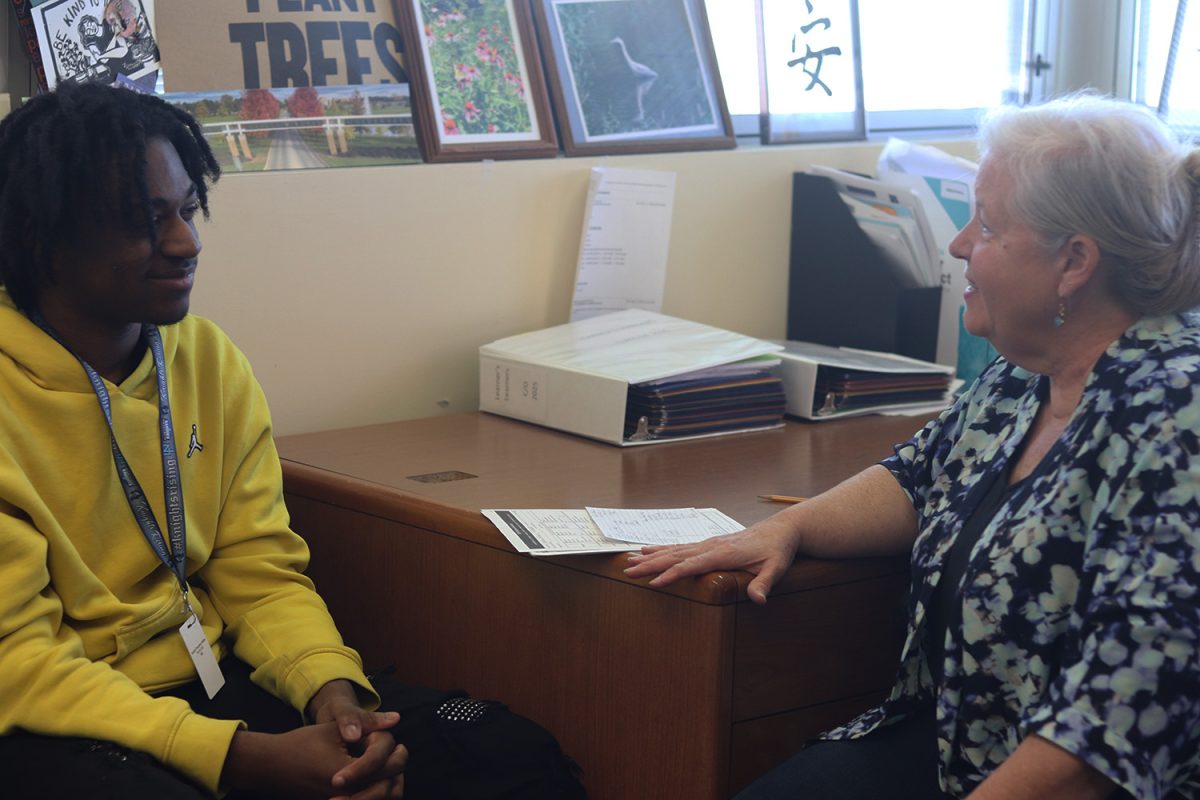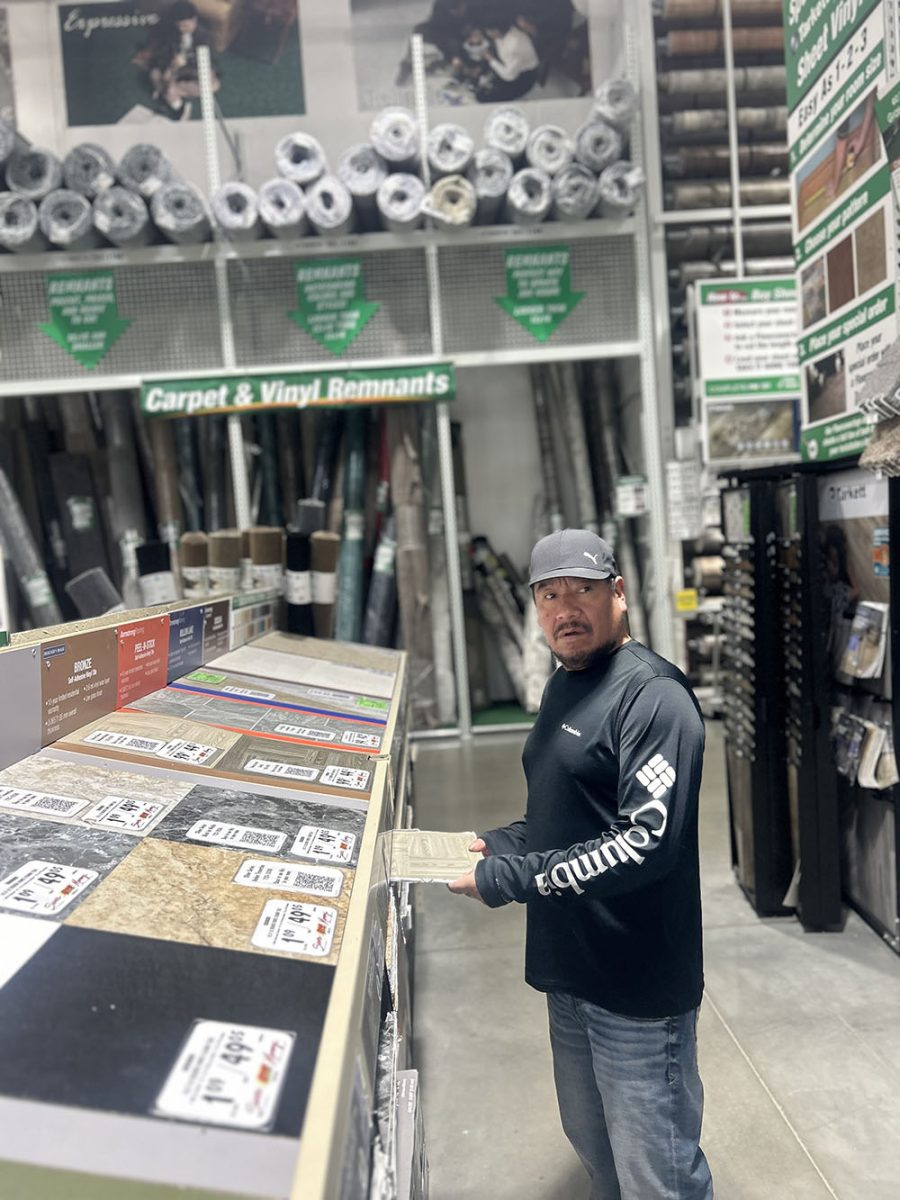College athletes deserve to be paid for their likeness
Credit: Patrick Mansell
Former Penn State football player Saquon Barkley is interviewed by multiple reporters at Penn State’s Media Day in 2016. Barkley is now a NFL running back for the New York Giants.
November 15, 2021
It’s Saturday night in University Park, Pennsylvania, home of the Penn State Nittany Lions and home of one of the biggest college stadiums in the country with a capacity of over 106 thousand seats; bigger than any NFL stadium.
You find your seat and look around and notice everyone is wearing white: it’s Penn State vs Auburn University in Penn State’s annual white-out game.
It’s a packed house with over 109 thousand people in attendance as they play their biggest game of the season. With tickets at $35 per person, the total amount that Penn State gained from just ticket sales was over 3.5 million dollars, and you still have to take into account that Penn State also makes money from concessions and school store swag.
College athletes do so much for a school like bring in funds from their games and bring popularity to the school. But until June 2021 those athletes barely received anything back.
Being a star college athlete is tough work especially since you couldn’t make money outside from scholarships, but that’s all changing now with the NIL policy; a much needed policy in my opinion.
For as long as anyone can remember, college athletes were not allowed to receive payment for their likeness from an outside source. I remember when I was younger going to Gamestop every August and buying the new NCAA (National Collegiate Athletic Association) football game from Electronic Arts and playing it 24/7.
But in 2013 there wasn’t a new NCAA game or the year after that or the year after that. That’s because a lawsuit came out about how players wanted to receive payment for their likeness being used in the games. In the NCAA games, players were modeled after their real life counterparts but did not use their name; this wasn’t enough for the players.
College athletes deserve payment for their likeness and endorsements. Many college athletes become big names but fade out of existence after college. Causes of this range from not being successful playing professionally in their sport or choosing a different career option after college. Players were missing out on money that could help take care of their tuition or help take care of their family.
Before June 2021 there was a very controversial rule. According to the NCAA, when a player is caught receiving payment from outside of the school, they are deemed ineligible and could not play for their respective team.
One instance of this happening is a former University of Central Florida football player named Donald De La Haye. De La Haye was the UCF kicker and punter in 2016 but also has a YouTube channel called “Deestroying” which began growing in popularity. It grew so much that De La Haye received monetization from his videos (received money from ads and sponsors on his videos) which violated NCAA guidelines. He was deemed ineligible and decided to continue YouTube and quit football.
Personally, I agree with his decision because De La Haye was making money doing something he was passionate about. Even though he was passionate about football, he was getting paid by YouTube. Today, De La Haye still uploads videos on his Youtube channel and is searching for the means to make his way to the NFL because his dream of playing football was never lost.
Despite many players missing out on receiving payment for their likeness, it won’t be a problem anymore. In June, 2021 it was announced by the NCAA that players can finally receive payment for their likeness and endorsements. For example, college athletes can receive shoe endorsements from Nike, Under Armour, Adidas, and others.
Many businesses can use this opportunity to include popular college athletes in commercials and advertisements. For example, Clemson quarterback DJ Uiagalelei has a Dr. Pepper endorsement deal and has even been featured on TV commercials. This also allows EA Sports to use players likeness in their games without any issues. This means the NCAA football game will be returning very soon.
It took way too long for the NCAA to come up with a plan to let players receive financial aid from outside sources, but now many families can benefit due to the fact that their son or daughter is an amazing athlete in college and is receiving money for it.


